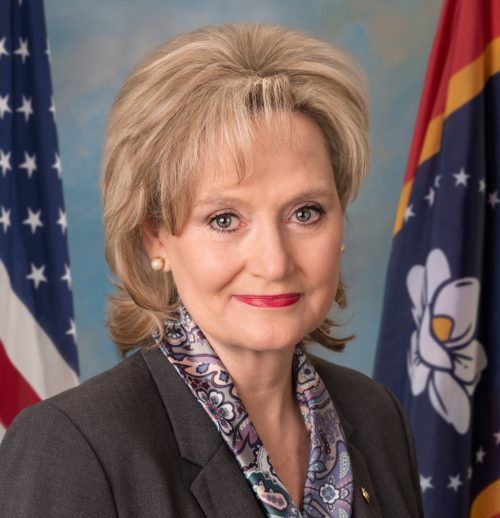
Studio portrait of Sid Salter. (photo by Beth Wynn / © Mississippi State University)
By: Sid Salter
The decision of Mississippi Gov. Tate Reeves to tap his own chief of staff as the new leader of the Mississippi Department of Transportation bodes well for an organization that has seen more than its share of discord over the last two decades.
Simpson County native Brad White, who hails from the small Jupiter community there, comes to the helm of MDOT after logging stints as the chief of staff for Reeves, for Republican U.S. Sen. Cindy Hyde-Smith, for the late Republican U.S. Sen. Thad Cochran, and former Republican State Auditor Stacy Pickering.
White held the staff position with the State Auditor’s Office and the state Public Service Commission. In local affairs, White served as executive director of the Simpson Country Economic Development Foundation.
From the standpoint of navigating the state’s political waters in a state government dominated by Republican statewide elected officials and in a state legislature controlled by Republicans in both houses, White is a former chairman and executive director of the Mississippi Republican Party.
White faces state Senate confirmation, but lawmakers would be hard-pressed to entertain a nominee with more or better relevant experience or political credibility in Mississippi government and on Capitol Hill.
Perhaps White’s most vital attribute is his knowledge of how highway construction is actually financed in Mississippi – which is no small feat given the rather Byzantine system utilized. The answer is a complicated combination of federal and state fuel excise taxes and the Federal Highway Trust Fund.
The federal and state gasoline tax system is failing on several fronts – Mississippi’s 18.4 cents per gallon (CPG) state gas tax is a flat tax. When we paid $3.965 a gallon for gas in 2008, the tax was 18.4 CPG. When we pay $2.71 per gallon at the pump this week, the state tax is still 18.4 CPG. The only way the state takes in more revenue in gas taxes is for the volume of gas consumed to increase – and automobiles are now manufactured to require less fuel consumption than a decade ago.
The federal fuel tax is likewise 18.4 cents per gallon and hasn’t changed since 1993. Neither the federal nor state fuel taxes have kept pace with inflation. Both federal and state fuel tax rates would be 33.4 CPG (indexed for inflation) each and far closer to funding what’s needed to build and adequately maintain the national and state highway infrastructures.
The Tax Policy Center in 2020 reported that “before 2008, highway tax revenue dedicated to the trust fund was sufficient to pay for outlays from the fund, but that has not been true in recent years. Since 2008, Congress has sustained highway spending by transferring over $140 billion of general revenues to the fund, including $70 billion in the Fixing America’s Surface Transportation Act in 2015.
“Those transfers will enable the trust fund to meet spending obligations through 2020, but projected shortfalls will appear again by the end of 2021. The Congressional Budget Office projects that, by 2030, outlays from the Highway Trust Fund will exceed trust fund reserves by a cumulative $134 billion for the highway account and by $54 billion for the mass transit account, even if expiring trust funds taxes are extended.”
Congress and the Mississippi Legislature face the same problems raising highway funds from fuel taxes at current rates. Fuel consumption is flat-to-declining, and fuel efficiency continues to improve. Hence, as we drive less and get more miles to the gallon, the federal and state gas taxes don’t raise enough revenue to sustain the current transportation infrastructure or expand and improve it.
Over the last 20 years, MDOT had executive directors in the late Butch Brown who was a contrarian empire builder, and in his successor Melinda McGrath, a talented engineer who struggled at times with the political side of the job. In Brad White, MDOT will have a director who understands federal highway finance and has the retail political skills to work effectively with Mississippi’s unique and varied political constituencies to advance infrastructure needs with the three elected transportation commissioners.









